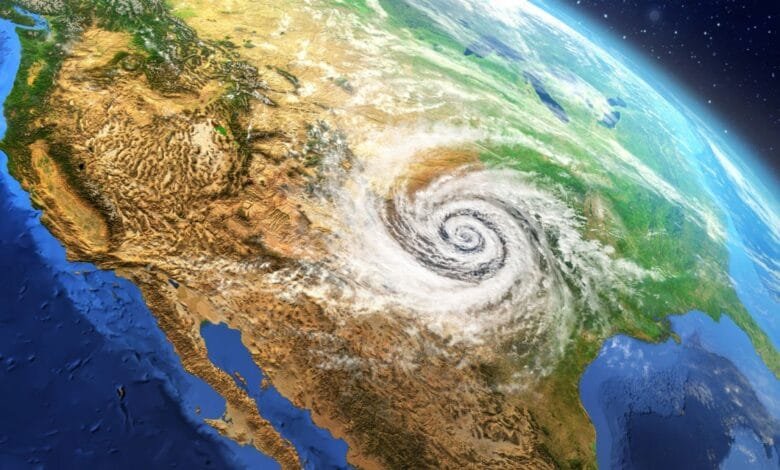Microsoft’s Aurora AI Predicts Air Quality and Typhoons Accurately

▼ Summary
– Microsoft’s AI model Aurora can predict air quality, hurricanes, and typhoons more accurately and quickly than traditional methods.
– Aurora was trained on over a million hours of data from satellites, radar, weather stations, and simulations, allowing for fine-tuned predictions.
– The model outperformed expert predictions in forecasting Typhoon Doksuri’s landfall and tropical cyclone tracks during the 2022-2023 season.
– Aurora is highly efficient, generating forecasts in seconds compared to hours required by traditional supercomputer-based systems.
– Microsoft has made Aurora’s source code public and integrated a specialized version into its MSN Weather app for hourly forecasts.
Microsoft’s Aurora AI is revolutionizing weather forecasting with unprecedented accuracy in predicting air quality, typhoons, and extreme weather events. Trained on over a million hours of diverse data sources—including satellite imagery, radar readings, and ground station reports—this advanced model outperforms conventional meteorological methods in both speed and precision.
Unlike traditional systems that rely on supercomputers and take hours to generate forecasts, Aurora delivers results in seconds while maintaining remarkable efficiency. Microsoft highlights its success in anticipating Typhoon Doksuri’s landfall four days ahead of impact, surpassing expert predictions. The AI also demonstrated superior performance in tracking tropical cyclones during the 2022-2023 season and accurately forecasting a major sandstorm in Iraq.
The technology isn’t just limited to research—Microsoft is already integrating Aurora into practical applications. A streamlined version powers hourly weather updates in the MSN Weather app, offering detailed predictions for cloud cover and other atmospheric conditions. By making the model’s source code and weights publicly accessible, Microsoft aims to accelerate advancements in climate science and disaster preparedness.
While competitors like Google DeepMind have introduced similar AI-driven weather models, Aurora stands out for its scalability and real-world applicability. Its ability to process vast datasets quickly could transform how governments and organizations respond to environmental threats, potentially saving lives and resources. As extreme weather becomes more frequent, tools like Aurora may prove indispensable for mitigating risks.
(Source: TechCrunch)





